The troubling significance of Putin’s Pyongyang deal
- Update Time : Wednesday, June 26, 2024
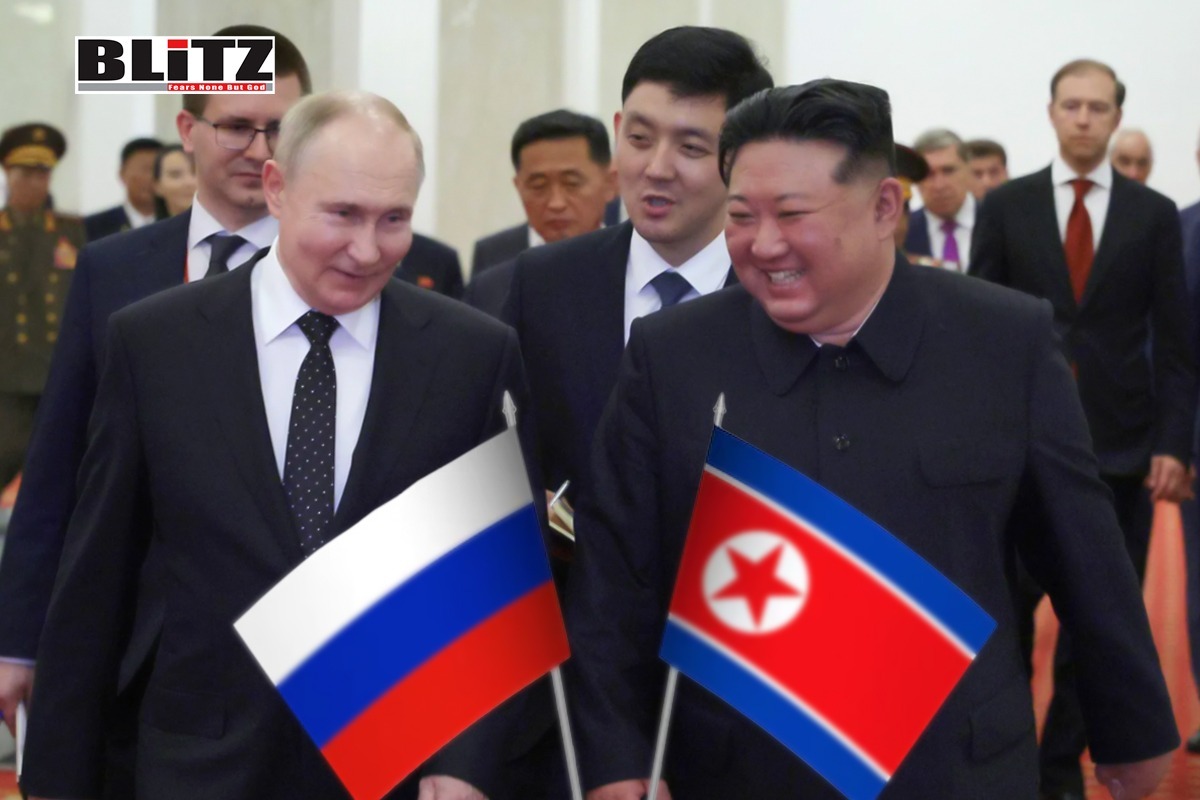
Observing the recent summit between Russian President Vladimir Putin and North Korean leader Kim Jong Un from the perspective of a threatened democracy’s capital amplifies the alarming implications of their meeting. While the specifics of the new Putin-Kim agreement vary depending on the source-ranging from a mutual defense “alliance” as characterized by North Korea, to a more ambiguous arrangement per Putin’s statement-the broader implications are deeply concerning. Putin has mentioned that Russia “does not exclude” military-technical cooperation, and that the agreement includes provisions for “mutual assistance in the event of aggression against one of the parties.”
The optics of their relationship, transitioning from a previously frosty period over North Korea’s nuclear ambitions to a newfound camaraderie, are less worrisome than the underlying geopolitical shifts. Putin’s gift of a Russian limousine to Kim, acknowledging the latter’s penchant for luxurious rides, and Kim’s reciprocal gift of a North Korean portrait of Putin, are symbolic gestures that underscore their burgeoning alliance.
The most troubling aspect, however, is the broader geopolitical realignment that Putin’s full-scale invasion of Ukraine in February 2022 has catalyzed. Contrary to expectations that such an aggressive move would isolate and weaken Russia due to significant military losses and severe international sanctions, it has instead fostered a closer defense-industrial confederation among autocratic states-Russia, China, North Korea, and Iran. This emerging coalition represents perhaps the strongest such alignment of authoritarian regimes in recent history.
For a comprehensive overview, today’s front-page story in the Wall Street Journal, drawing from US defense and intelligence sources, details how “Russia’s military cooperation with Iran, North Korea, and China has expanded into the sharing of sensitive technologies that could threaten the United States and its allies long after the Ukraine war ends.” However, a narrower yet equally revealing perspective on the consequences of North Korea’s growing relationship with Russia is offered by Markus Garlauskas, director of the Atlantic Council’s Scowcroft Center for Strategy and Security’s Indo-Pacific Security Initiative.
Garlauskas, who has an extensive background in US government service, including a tenure as the national intelligence officer for North Korea, where he provided direct analytical support to then-President Donald Trump for his summits with Kim in Singapore and Hanoi, provides a seasoned analysis of the situation. His primary concern isn’t merely the military aid North Korea is furnishing to Russia-aid that US intelligence has highlighted by revealing sensitive details. According to the latest figures from the US State Department, North Korea’s support to Russia in recent months includes over 11,000 containers of munitions, ranging from standard artillery to advanced ballistic missiles.
The implications of North Korea’s military assistance to Russia extend beyond the immediate boost to Putin’s war efforts in Ukraine. Garlauskas argues that Putin’s endorsement of Pyongyang is significantly exacerbating the North Korean threat. By helping North Korea circumvent United Nations resolutions and sanctions on its weapons capabilities, Russia is providing Pyongyang with greater access to dual-use technology and much-needed hard currency.
This support is emboldening Kim Jong Un to adopt a more aggressive stance against South Korea and the United States. Putin’s backing effectively shields one of the world’s foremost rogue states from the repercussions of its nuclear posturing and missile launches. Furthermore, Russia’s utilization of North Korean ballistic missiles in Ukraine offers Kim an invaluable opportunity to test and refine his weapons systems in a live combat environment, honing tactics and techniques against US-designed missile defenses. Typically, North Korea’s missile tests attract global attention and swift responses, but in the chaos of the Ukraine conflict, these launches are going largely unnoticed.
The gravity of the situation is underscored by the Atlantic Council’s high-level delegation currently in Taiwan, including former Latvian President Egils Levits, former Czech Foreign Minister Tomáš Petříček, former US Defense Intelligence Agency Director Scott Berrier, and Matthew Kroenig, who leads the Scowcroft Center for Strategy and Security. Their presence in Taiwan highlights the interconnected threats faced by democracies globally from this evolving axis of autocracies. The delegation’s observations from Taiwan, positioned a thousand miles south of Pyongyang, emphasize the broader strategic implications of the Putin-Kim alliance.
The alliance between Russia and North Korea is not an isolated development but a component of a larger strategy involving China and Iran. This coalition aims to undermine democratic states and international norms, leveraging their combined military and technological capabilities. For instance, Russia’s cooperation with Iran includes the transfer of advanced drone technologies, which have been used to devastating effect in Ukraine. Similarly, China’s support for both Russia and North Korea strengthens their collective position against Western democracies.
The expanding defense-industrial cooperation among these autocracies threatens to destabilize global security. As they share sensitive technologies and military expertise, they are not only enhancing their own capabilities but also setting a dangerous precedent for other rogue states. The international community must recognize and address this threat, employing a multifaceted approach that includes diplomatic, economic, and military measures to counter this growing alliance.
President Vladimir Putin-Kim Jong Un summit and the broader alignment of Russia, North Korea, China, and Iran represent a significant shift in the global geopolitical landscape. This confederation of autocracies poses a direct threat to the United States and its allies, necessitating a robust and coordinated response. As the Atlantic Council delegation continues its work in Taiwan, their insights will be crucial in formulating strategies to address this emerging challenge. The world must remain vigilant and proactive in countering the threats posed by this alliance, ensuring that democratic values and international stability are upheld.


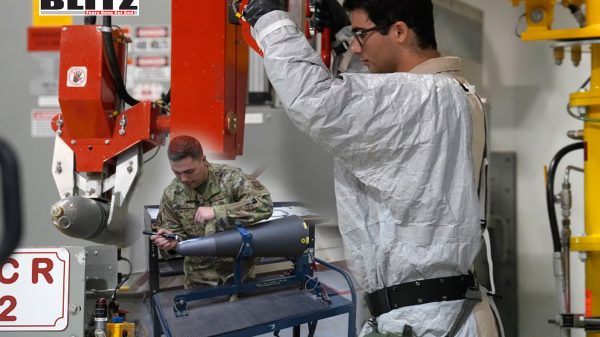
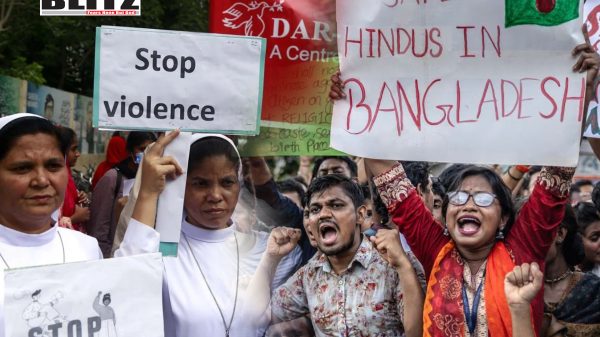
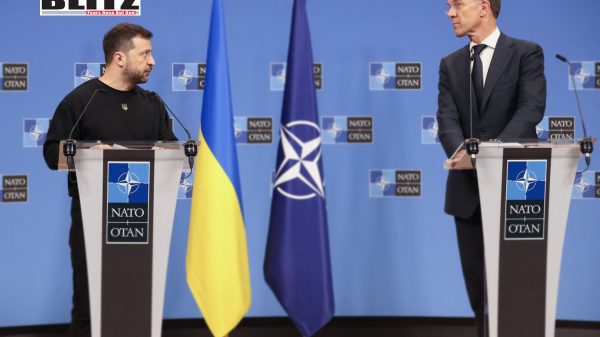
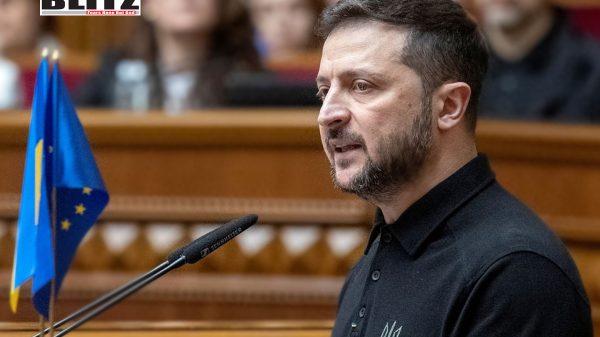
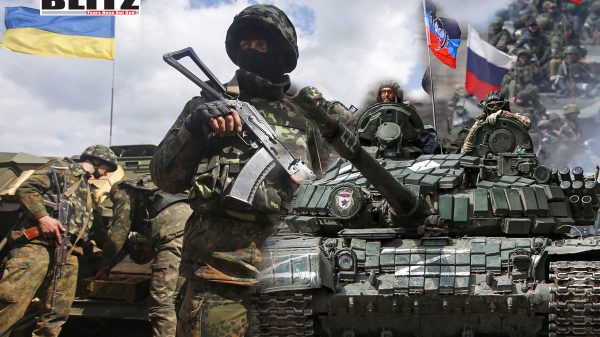
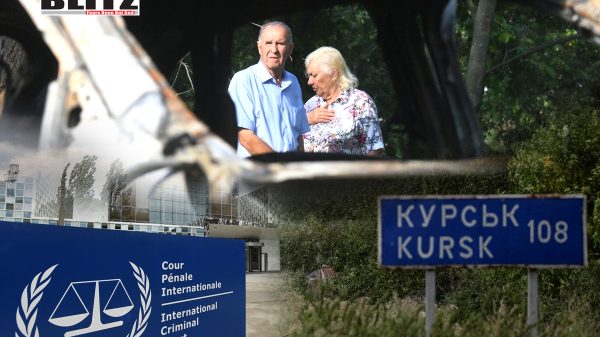











Leave a Reply